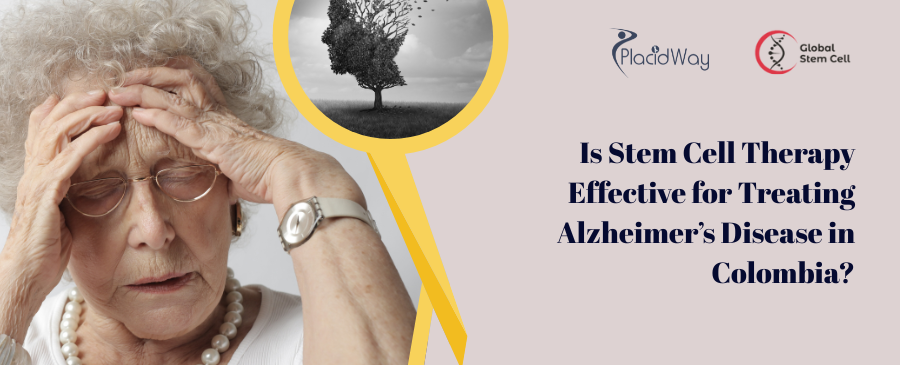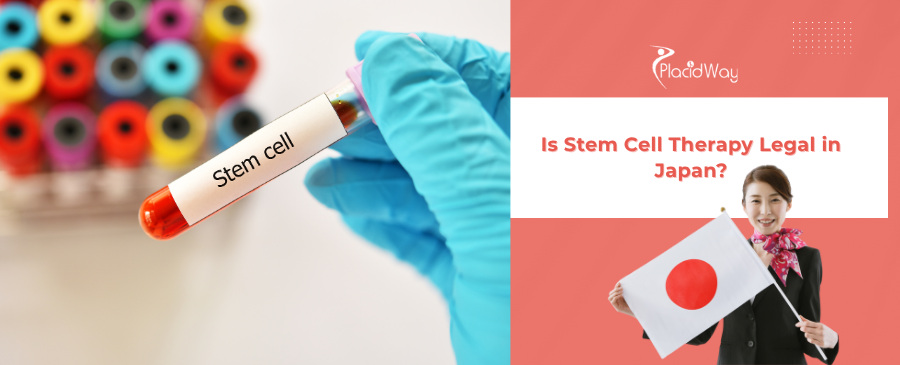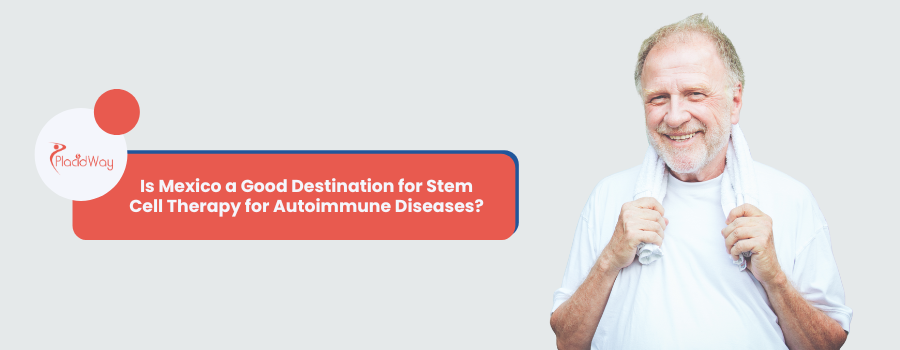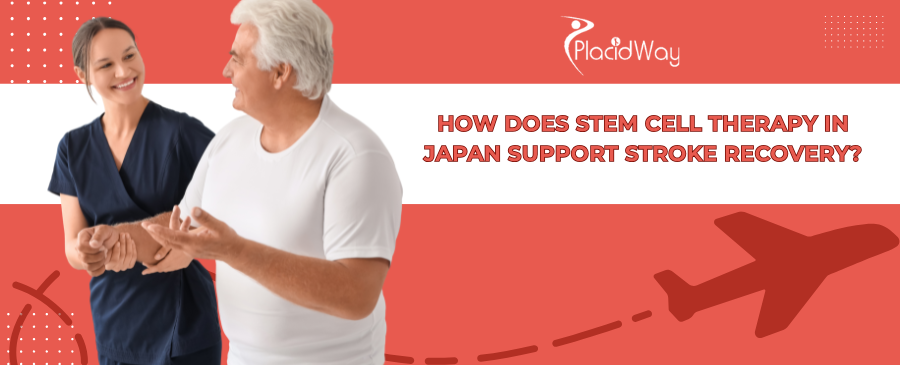The search for effective treatments for Alzheimer’s disease is a global endeavor, and for many, the promise of regenerative medicine, particularly stem cell therapy, offers a beacon of hope. Colombia has emerged as a significant destination for medical tourism, offering advanced medical procedures at competitive prices. This has led many to wonder: Is stem cell therapy for Alzheimer’s in Colombia an effective option? The short answer is that while Colombia has a burgeoning stem cell therapy landscape, the use of this treatment for Alzheimer’s disease is still considered experimental and is not a proven cure.
This blog post will explore the critical questions surrounding the use of stem cell therapy for Alzheimer’s in Colombia. We’ll delve into the scientific backing, the regulatory environment, what to expect if you’re considering this option, and the all-important question of cost. Our goal is to provide a comprehensive, realistic, and human-centric overview to help you make informed decisions.
What is the current scientific view on stem cell therapy for Alzheimer’s?
“Scientifically, stem cell therapy for Alzheimer’s disease is in the early stages of research, primarily in preclinical and phase I/II clinical trials. There is currently no conclusive evidence to suggest it is a consistently effective treatment or cure for the condition in humans.”
The core idea behind using stem cell therapy for Alzheimer’s is that these unique cells have the potential to differentiate into various cell types, including neurons, and possess anti-inflammatory and regenerative properties. The hope is that by introducing new stem cells into the body, they can repair or replace damaged brain cells, reduce neuroinflammation, and improve cognitive function.
However, it’s crucial to understand that most of the promising results have been observed in animal models. Human clinical trials are ongoing, but they are primarily focused on safety and feasibility. Key challenges remain, such as ensuring the stem cells reach the target areas in the brain, differentiate into the correct cell types, and integrate into the existing neural networks without adverse effects. The global scientific community generally agrees that more rigorous research is needed before this can be considered a standard treatment.
Is stem cell therapy for Alzheimer’s legal and regulated in Colombia?
“Yes, stem cell therapy in Colombia is regulated by the National Food and Drug Surveillance Institute (INVIMA). However, it’s important to note that INVIMA’s officially approved stem cell treatments are primarily for blood-related disorders. The use of stem cell therapy for other conditions, including Alzheimer’s, is often considered ‘off-label’ or experimental.”
Colombia has established a regulatory framework for the practice of stem cell therapy, which is a positive indicator of its commitment to patient safety. INVIMA is responsible for overseeing the quality and safety of medical treatments, including those involving stem cells. This provides a level of oversight that may not be present in all countries offering regenerative therapies.
Despite this, the scope of approved treatments is a critical distinction. While many clinics operate legally and offer stem cell therapy for a wide range of conditions, these applications for neurodegenerative diseases like Alzheimer’s are not part of the established, approved protocols. This means that while the clinics themselves may be regulated, the specific treatment for Alzheimer’s is still experimental.
What types of stem cells are used in Colombia for Alzheimer’s treatment?
“Clinics for stem cell therapy in Colombia typically use mesenchymal stem cells (MSCs) for treating conditions like Alzheimer’s. These are adult stem cells, most commonly sourced from umbilical cord tissue (allogeneic) or the patient’s own fat tissue or bone marrow (autologous).”
The two primary types of stem cells you’ll encounter are:
Mesenchymal Stem Cells (MSCs): These are the most commonly used type of stem cells in regenerative medicine for a variety of conditions. They are known for their anti-inflammatory, immunomodulatory, and regenerative signaling capabilities. Mesenchymal stem cells can be sourced from various tissues, with umbilical cord tissue being a popular choice in Colombian clinics due to its high quality and the non-invasive collection process.
Autologous vs. Allogeneic Stem Cells:
- Autologous: These are stem cells harvested from the patient’s own body, typically from adipose (fat) tissue or bone marrow. The primary advantage is that there is no risk of rejection.
- Allogeneic: These stem cells are sourced from a donor, most often from umbilical cord tissue that is screened and processed in a lab. These cells are considered immunoprivileged, meaning they have a low risk of being rejected by the recipient’s immune system.
How is stem cell therapy for Alzheimer’s administered in Colombia?
“Stem cell therapy for Alzheimer’s in Colombia is typically administered intravenously (IV), allowing the stem cells to travel throughout the body. In some cases, clinics may also use intranasal or other targeted delivery methods to encourage the cells to reach the central nervous system.”
The administration of stem cell therapy is a crucial aspect of the treatment. The goal is to deliver a high concentration of viable stem cells to the areas of the body where they are needed most. Intravenous infusion is a common method, as it allows the stem cells to circulate and potentially cross the blood-brain barrier.
Some clinics may propose more direct delivery methods, such as intranasal application, with the theory that this provides a more direct pathway to the brain. The specific protocol will vary between clinics and will be a key point of discussion during a consultation.
What is the cost of stem cell therapy for Alzheimer’s in Colombia?
“The cost of stem cell therapy for Alzheimer’s in Colombia generally ranges from $5,000 to $20,000 USD. The final price depends on the clinic, the type and number of stem cells used, the number of treatment sessions, and any additional therapies included in the package.”
One of the primary reasons patients consider stem cell therapy in Colombia is the significant cost savings compared to countries like the United States. The lower operational costs in Colombia allow clinics to offer these advanced treatments at a more accessible price point.
The cost will typically cover the initial consultation, the stem cell processing and administration, and follow-up care. It’s essential to get a detailed breakdown of all costs involved, including any pre-treatment tests or post-treatment medications, to avoid any surprises.
Are there any patient reviews or success stories for Alzheimer’s treatment in Colombia?
“While many clinics in Colombia share general patient testimonials for a variety of conditions, there is a notable lack of specific, verifiable patient reviews or success stories for Alzheimer’s disease. Most anecdotal evidence is for conditions like orthopedic injuries or autoimmune disorders.”
This is a critical point to consider. The absence of specific, long-term, and independently verified success stories for Alzheimer’s treatment should be a significant factor in your decision-making process. While the placebo effect can be strong, and some patients may report subjective improvements, this is not a substitute for robust clinical data.
It is advisable to be cautious of clinics that make bold claims of cures or significant reversals of Alzheimer’s symptoms without providing substantial evidence.
What are the potential risks and side effects of this therapy?
“The potential risks of stem cell therapy, like any medical procedure, include infection, adverse reactions at the injection site, and, in the case of allogeneic cells, a small risk of immune rejection. As the long-term effects of using stem cells for Alzheimer’s are not fully known, there are also unknown risks to consider.”
While stem cell therapy is generally considered to be safe when performed by qualified professionals in a sterile environment, it is not without risks. The most common side effects are mild and temporary, such as fatigue, headache, or nausea following the infusion.
The more significant consideration is the unknown long-term risks associated with using stem cells for a condition as complex as Alzheimer’s. As the research is still in its early stages, the full spectrum of potential long-term effects has not been established.
What should I look for when choosing a stem cell clinic in Colombia?
“When choosing a stem cell clinic in Colombia, prioritize those with international accreditations, experienced medical staff, transparent pricing, and a willingness to provide detailed information about their specific protocols and the scientific basis for their treatments. Be wary of clinics that over-promise results or lack transparency.”
If you are considering this path, thorough due diligence is essential. Look for:
- Accreditation: Check for certifications from reputable national and international bodies.
- Experienced Medical Team: Research the qualifications and experience of the doctors and scientific staff.
- Transparency: A reputable clinic will be open about the type and source of their stem cells, their lab processes, and the limitations of the therapy.
- Realistic Expectations: Be cautious of any clinic that guarantees a cure or dramatic results.
For those exploring medical tourism and advanced healthcare options, PlacidWay offers a gateway to a network of accredited global healthcare providers. Discover your options and make informed decisions about your health journey.






